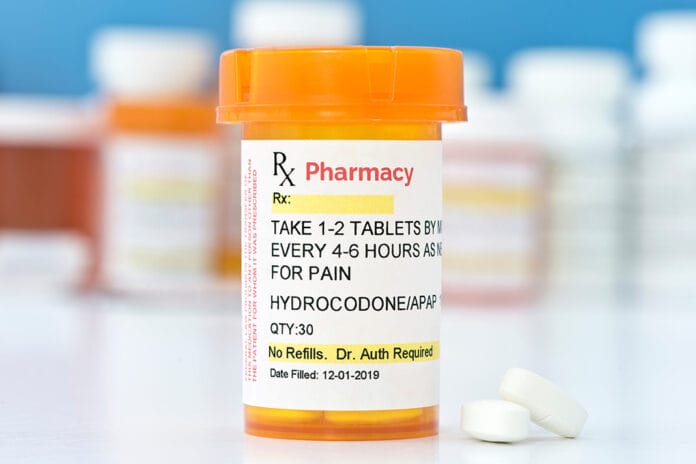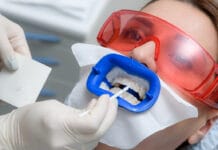The Survey of Opioid Prescribing Among Dentists Indicates Need for More Effective Education Regarding Pain Management, published in the Journal of the American Dental Association (JADA), suggests dentistry plays a role in the current opioid crisis. This survey found some dentists overprescribe the number of opioid pills given to patients and prescribe a relatively high number of prescriptions to patients.
Of course, this is not due to any nefarious reasons. If your state dental board requires you to take CE courses on opioids and pain management, or if you’ve taken a CE course on opioids by choice, you’ve probably heard statistics on dentistry’s role in the opioid crisis. For instance, JAMA Internal Medicine reports that 30% of opioid prescriptions are written by dentists. Further, you may have heard that adolescents and young adults are often first introduced to opioids in the dental office after oral surgery (i.e., third molar extractions). “Approximately 6% to 7% of adolescents and young adults who are exposed to opioids from dental providers may develop addiction/abuse. The bulk of these prescriptions likely come following third molar extractions,” reports Alan Schroeder, MD, a clinical professor of pediatrics at Stanford University School of Medicine and the JAMA Internal Medicine study’s lead author.
When Helping Becomes Hurting
Dentists are the highest prescriber of opioids for patients 18 years old and younger. According to the JADA survey, the majority of dental professionals don’t prescribe opioids on a routine basis, as they reported an average of less than one prescription a month. However, on the other hand, at least 30% of the dentists surveyed reported writing up to five prescriptions for opioids every month, but this could be related to their specialty (i.e., oral surgeon).
Almost 75% of dentists reported that they had lessened the number of prescriptions they write because of the opioid pandemic. At the same time, one-third of reported dental professionals refuse to write such prescriptions at all. Each dentist was allowed to comment on their responses; almost every single one reported that they wanted their patients to be as pain-free as possible for as long as possible. They were toeing the line between helping and potentially hurting, and they would rather have helped their patients be comfortable.
Unfortunately, nearly 60% of dentists believe that a patient has deceived them into getting opioid pills. A couple of doctors reported people walking right out of the office when they learned that they would not be given opioid pain relief.
Dentists and Opioids
Out of 269 dental professionals, at least 84% of them believe that the use of NSAIDs can treat pain just as well as opiate pain killers, while both are effective. But, 43% still prescribe opiates, even though NSAIDs are a safer alternative in most circumstances.
While 9 out of 10 dentists involved with the study say, they do not prescribe opioids to children under the age of 11 unless there is an emergency or highly invasive surgery because they are wary of the effects of the drugs on children, only 48% of those dentists still refrain from prescribing them to teenagers and young adults for the same valid reasons.
Half of all the 269 dentists reported overprescribing opiates so that there would be remaining medication left over after the pain subsides, even though they aren’t needed. Almost 70% of these same dentists reported that they had experienced a patient who somehow misused the drugs. Many opioid addictions begin either with a medical procedure requiring such medication or when extra pills are lying around the house in easy access to those with sticky fingers and impulsive curiosities.
Researchers suggest substituting an NSAID when it’s determined to be the best course of action and only prescribing opioids for invasive procedures if NSAIDs have been tried first and failed. The number of prescribed pills should match the time the patients are expected to be in pain to decrease any leftover pills. Pain management continuing education should be necessary for all dental professionals, and national guidelines may help lead the way towards more accurate dosages. Clinical practice needs to align with current evidence regarding pain management.
In Closing
Though dental hygienists do not prescribe opioids, it is encouraged whether your state board of dentistry requires CE courses on opioids and pain management or not to take CE courses on the subject. Being educated on the pathophysiology of pain, best practices for prescribing, alternatives for opioids, assessing the risk for abuse, and how to counsel or refer for counseling on the addiction of any drug or substance helps raise awareness. Every little bit of understanding might help the opioid epidemic in the United States.
Before you leave, check out the Today’s RDH self-study CE courses. All courses are peer-reviewed and non-sponsored to focus solely on high-quality education. Click here now.











